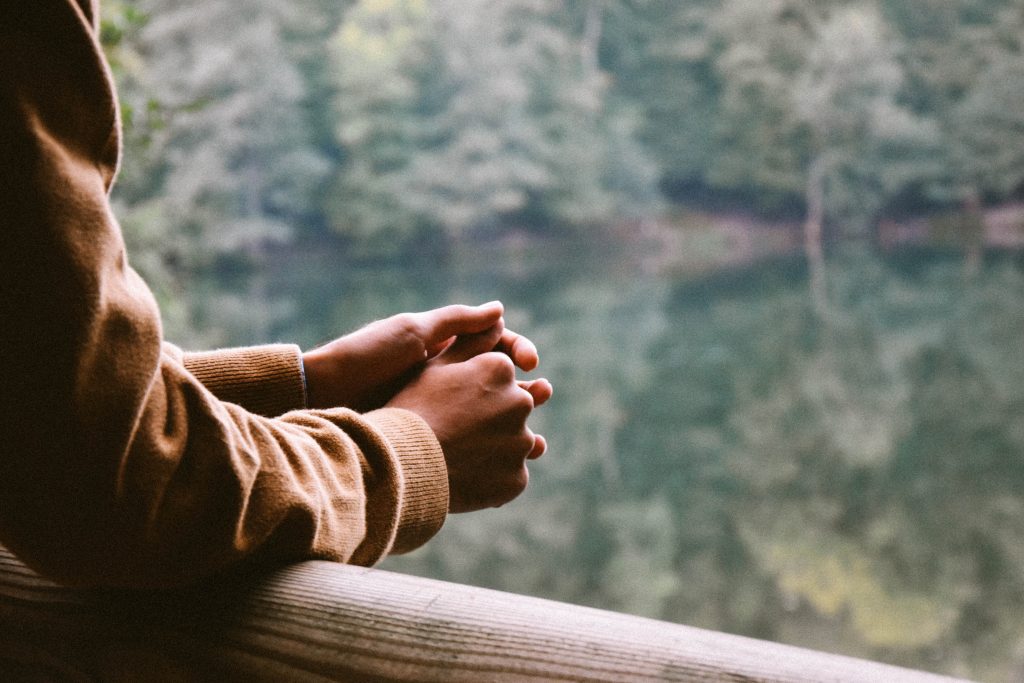Have you ever stopped to think about your reactions to things? Or, do you just let your emotions and your feelings determine how you actually respond to something? What’s quite interesting is just how much your thoughts influence your reactions to events.
There are quite a few reasons for this actually. It’s really a combination of past experiences, assumptions and predictions, and a little bit of impulsivity.
Let’s go over how each of these can influence your thoughts and, thus, your reactions in life.
Past Experiences
When it comes to developing your thoughts, one of the key influencers would be your past experiences. Your past experiences can include just about anything, like the parenting style used to raise you, your socioeconomic status, whether you experienced abuse, and traumatic events you may have witnessed firsthand.
These experiences help to shape who you are today.
Let’s say you grew up with verbally abusive parents and harbor resentment toward them and abusers in general.
Now as an adult, if you find yourself in a situation where you feel as if you’re being ostracised or bullied for who you are, your reaction might vary wildly.
There’s a possibility that you’ll withdraw and avoid these new people that make you think of your abusive parents. Or, you might stand up for yourself like you wish somebody would’ve done when you were a child.
Either way, there’s a pretty good chance your mind inadvertently went to thoughts you have about your past and your parents before formulating a response to this situation.

Assumptions & Predictions
When you develop your personality and your own individual thought processes, you’ll also begin to develop your own assumptions and predictions. Now, these can be based on things you’ve experienced without even knowing it. You might just be able to analyze a situation and assume what will happen next.
These can greatly influence your reactions.
Let’s say you witnessed a traumatic car accident as a child and now have a lingering fear about cars and pedestrians.
As an adult, you’re walking down the street and notice a car barreling toward a pedestrian in the road. Since your mind might automatically go back to the thoughts about that traumatic event from your childhood, your reaction will vary.
Maybe you’ll jump out into the road to pull the pedestrian out of the road. Or, maybe you’ll just run away in shock as history repeats itself.
But, these reminders from your past will definitely influence how you react.
Impulsivity
There’s also a pretty good possibility that you respond to things purely out of impulsivity. That means you come up with your own feelings about an event rather quickly and act without even a second thought. In this case, you really didn’t have a thought to rely on.
This might encourage you to act when you normally wouldn’t.
Let’s say you witness a crime being committed as an adult.
Instead of thinking about what you should do or whether or not you should call the police, you immediately jump in and attempt to apprehend the suspect. You didn’t have any thoughts here, only relying on your own instincts to respond to the situation at hand.

Final Thoughts
The reactions you have in life are based on a lot more than just the personality that you’ve developed. They’re actually formulated based on the thoughts you have regarding past experiences, assumptions, and a sense of impulsivity.
But that doesn’t mean that you have to settle for the reactions you’re used to. After all, there’s a lot that you can do right now to begin shifting your perspective and to gain a little empathy.
So, take a little time to think about how you feel before actually responding to things in your life.
Struggling with your reactions? Like to be able to control your thoughts and feelings so you can react differently? I’d love to help you. Schedule a free clarity call with me now



